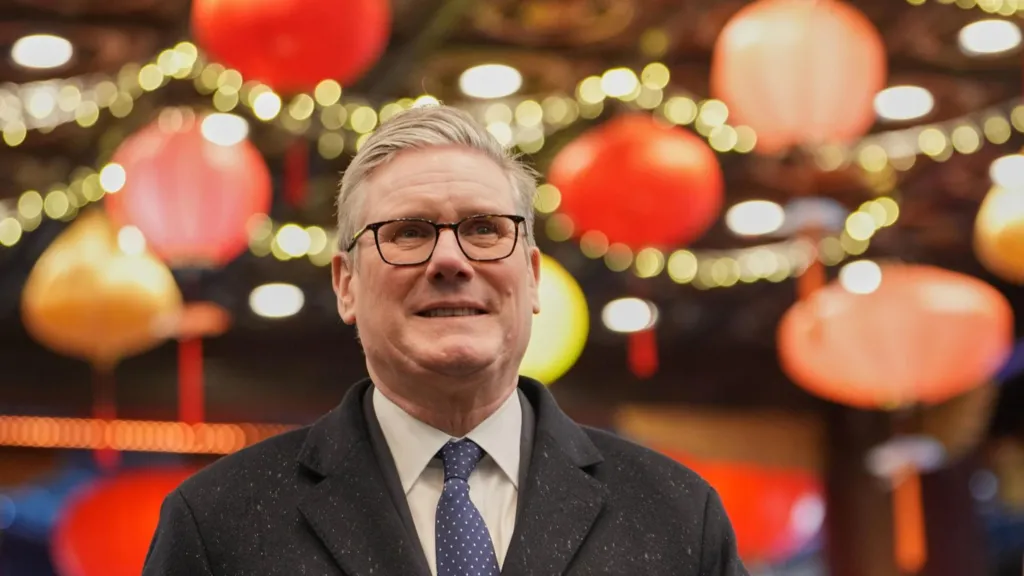
Tian Shichen, Founder & President, Global Governance Institution
Feb 06, 2026
The durability of any China-UK rapprochement will depend not on diplomatic symbolism but on whether London is prepared to pursue pragmatic cooperation based on its own national interests.
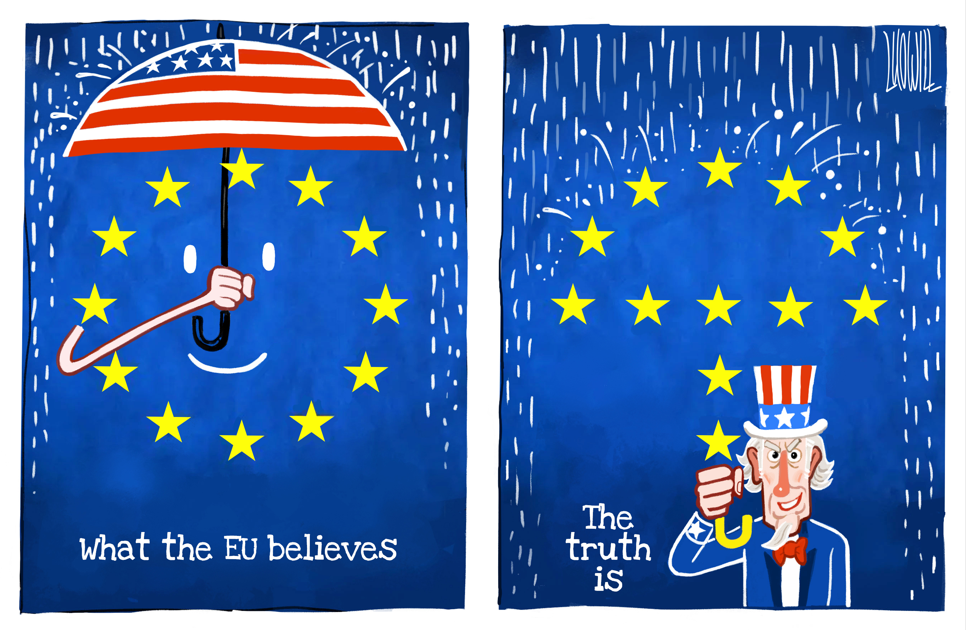
Stephen Holmes, Professor at New York University School of Law, Berlin Prize Fellow at American Academy in Berlin
Feb 05, 2026
By threatening to seize Greenland by force, US President Donald Trump has exposed the childlike illusions of his European admirers. Having spent years cultivating their bromances with him, the continent’s right-wing populists – the United Kingdom’s Nigel Farage, Jordan Bardella in France, Alice Weidel in Germany, Italy’s Matteo Salvini, Robert Fico in Slovakia, Hungary’s Viktor Orbán, and Mateusz Morawiecki in Poland – imagined themselves fellow travelers in a revolt against liberal internationalism. Now their idol and patron has been threatening to swallow whole or in part (if the supposed “deal” he has announced comes about) the sovereign territory of a European ally.
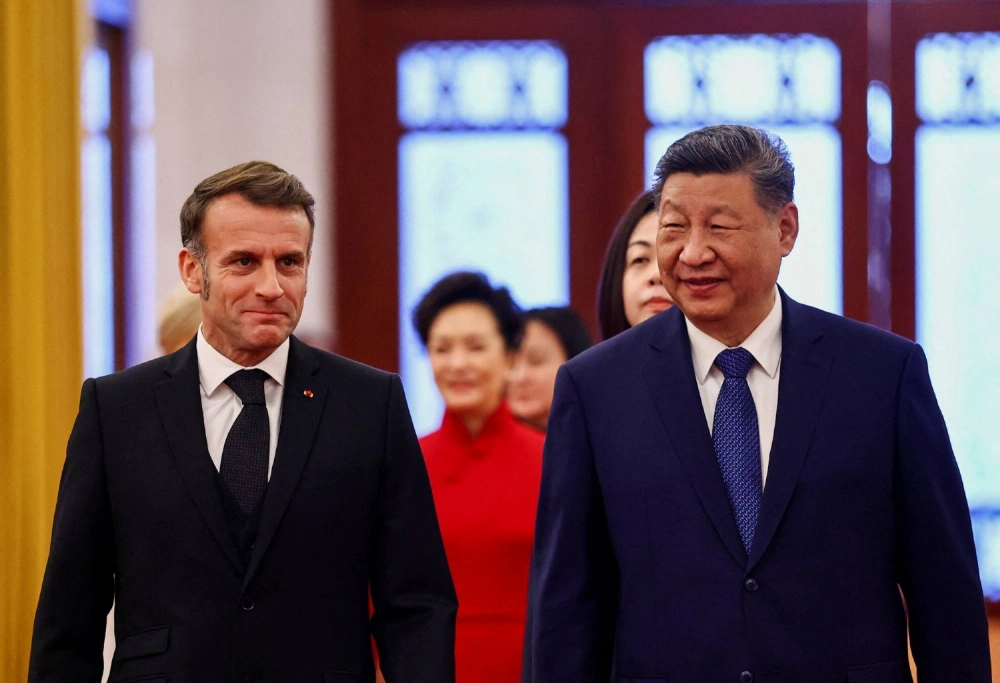
Brian Wong, Assistant Professor in Philosophy and Fellow at Centre on Contemporary China and the World, HKU and Rhodes Scholar
Jan 07, 2026
French President Emmanuel Macron’s recent visit to China reinforced bilateral ties through trade, investment, and scientific cooperation, yet yielded few breakthroughs on contentious issues like Ukraine or advanced technology transfer, reflecting Beijing’s guarded approach. While Macron projects a Neo-Gaullist vision of strategic autonomy and a “Third Way” between the U.S. and China, structural constraints in France and the enduring weight of trans-Atlantic ties limit the substantive impact of his approach.

Sebastian Contin Trillo-Figueroa, Geopolitics Analyst in EU-Asia Relations and AsiaGlobal Fellow, The University of Hong Kong
Dec 08, 2025
In the near future, the supposed “multipolar” world has been deferred, giving way instead to “orbital bipolarity”—a system in which global politics and industry are pulled into competing gravitational fields centered on the United States and China. Multilateralism has become inert, and every other power now orbits these two anchors while maintaining the fiction of choice and autonomy.
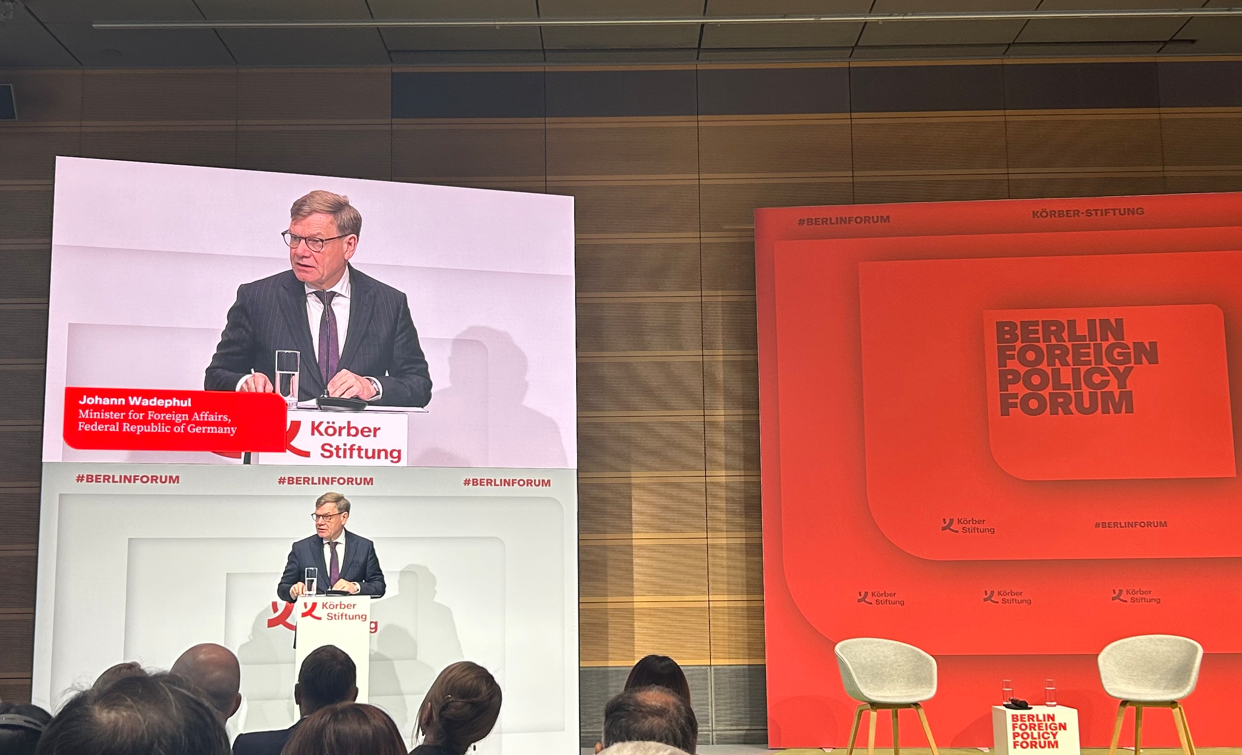
Sun Chenghao, Fellow, Center for International Security and Strategy of Tsinghua University; Munich Young Leader 2025
Dec 02, 2025
Europe’s dissatisfaction, anxiety and dependence will continue to shape the next stage of transatlantic relations. The rift may not lead to a break. But it will likely lead to a relationship that becomes ever more transactional, more realist and ultimately more fragile.
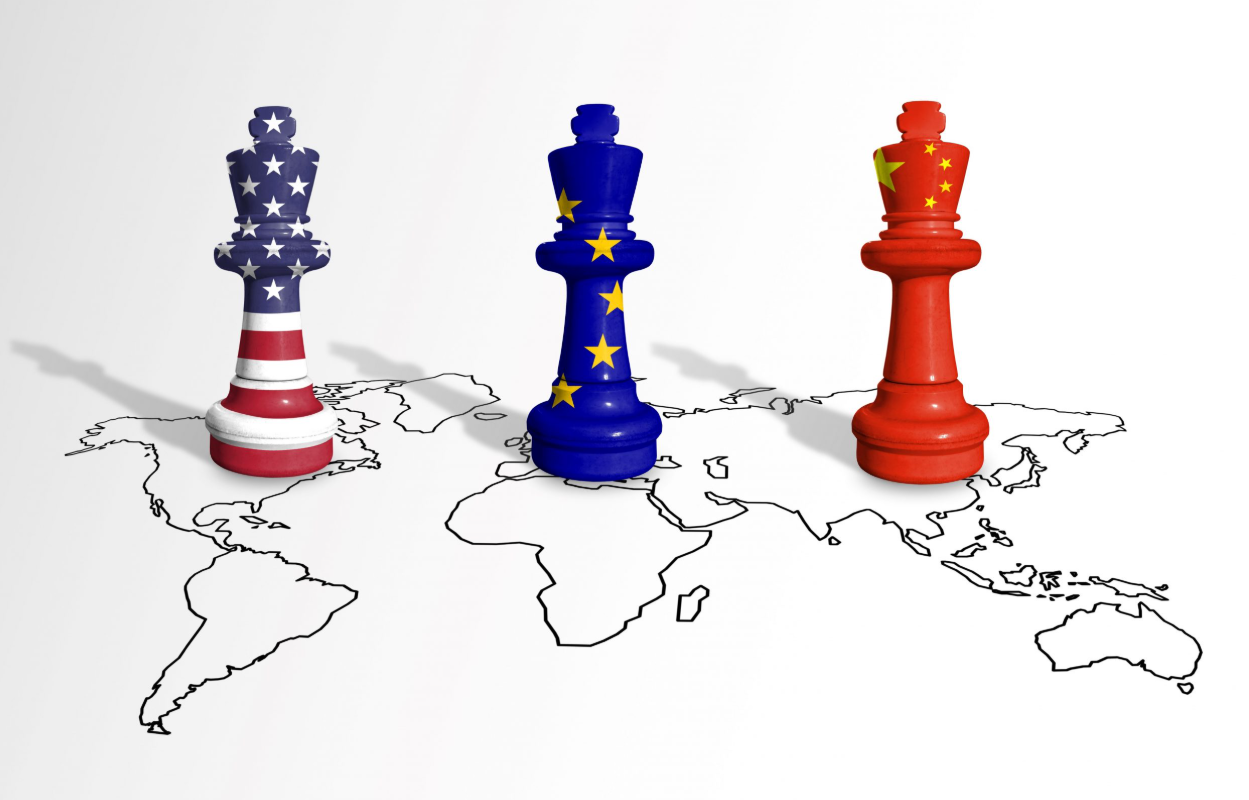
Dong Yifan, Associate Research Fellow, Belt and Road Academy of Beijing Language and Culture University
Nov 28, 2025
By sacrificing Chinese interests to signal alignment with the United States, the European Union overestimates its own leverage and underestimates China’s resilience and strategic resolve, thereby complicating pragmatic China-EU cooperation and impeding coordination on global challenges.
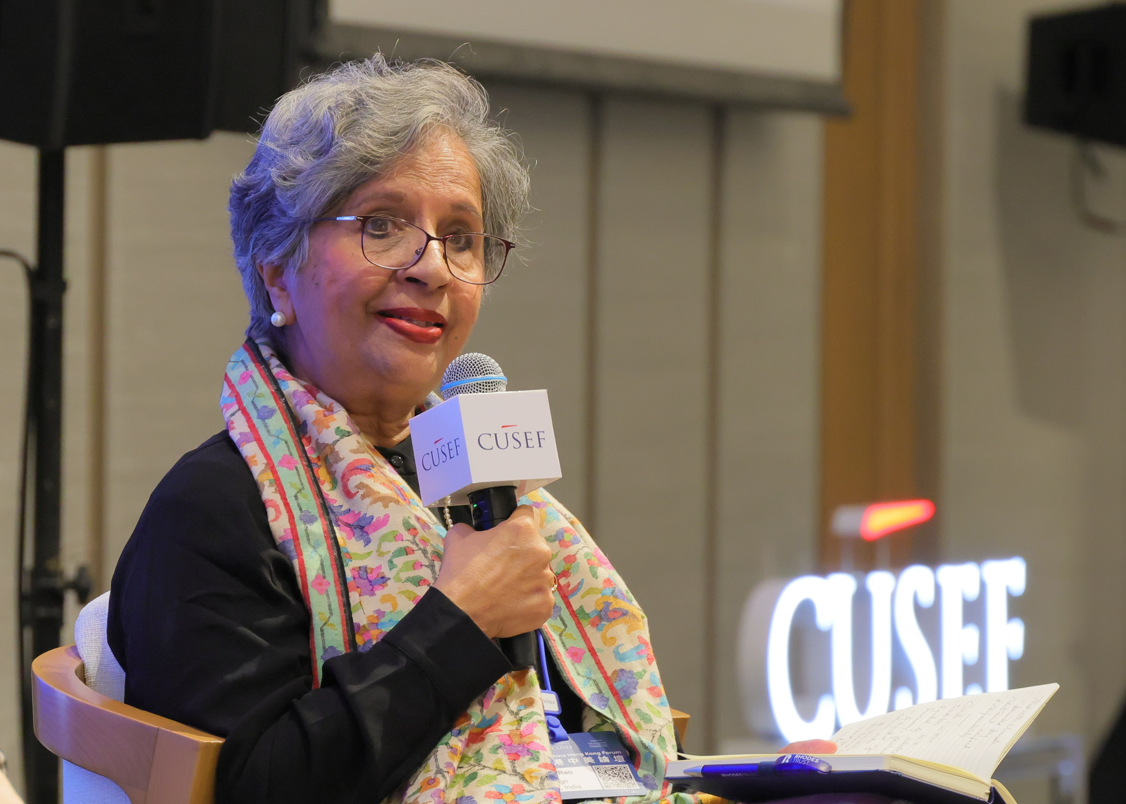
Nirupama Rao, 28th Foreign Secretary, India; former Ambassador of India to China and the United States
Nov 28, 2025
In the tense relationship between the United States and China, Hong Kong emerges as a middle space — a vantage point from which to imagine a way forward. The city’s unique position offers a metaphorical middle ground for dialogue, emphasising the need for new frameworks to navigate today’s complex rivalries.
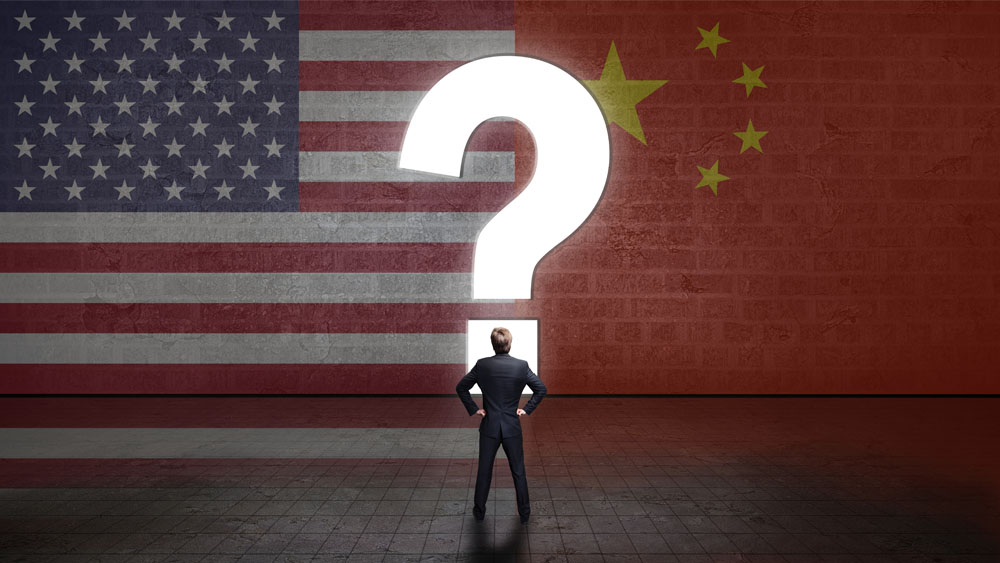
Zeno Leoni, Lecturer in the Defence Studies Department, Affiliate of the Lau China Institute
Nov 03, 2025
China’s grand strategy is defined by a deliberate balance between integration into the global economic system and resistance to its Western-led constraints. It employs strategic ambiguity and selective engagement to expand influence, preserve flexibility, and avoid confrontation that could jeopardize its modernization.
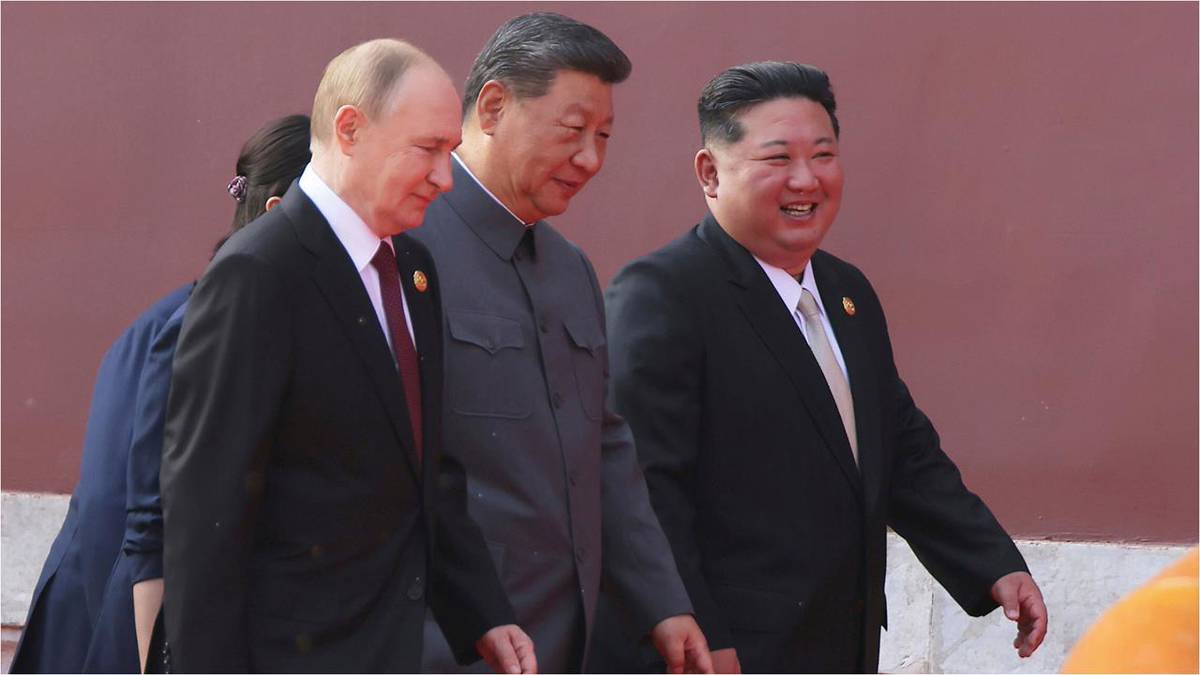
An Gang, Adjunct Fellow, Center for International Security and Strategy, Tsinghua University
Sep 30, 2025
The military parade in Beijing on Sept. 3 and the SCO summit in Tianjin elicited a profound psychological response in the United States and other Western countries. Debates over China’s strategic ascent and the prospect of a continental alignment have intensified.

Sebastian Contin Trillo-Figueroa, Geopolitics Analyst in EU-Asia Relations and AsiaGlobal Fellow, The University of Hong Kong
Sep 05, 2025
Today’s international order is shaped by “orbital bipolarity,” dominated by the United States and China, with secondary powers navigating their influence; Europe is limited in its role, China acts cautiously, Russia capitalizes on Western hesitation, and Ukraine remains trapped in the conflict.
Back to Top

- China-US Focus builds trust and understanding between the U.S. and China through open dialogue among thought leaders.
- Our Offerings
- Topics
- Videos
- Podcasts
- Columnists
- Research Reports
- Focus Digest
- Stay Connected
-
Thanks for signing up!
- Get the latest stories from China-US Focus weekly.